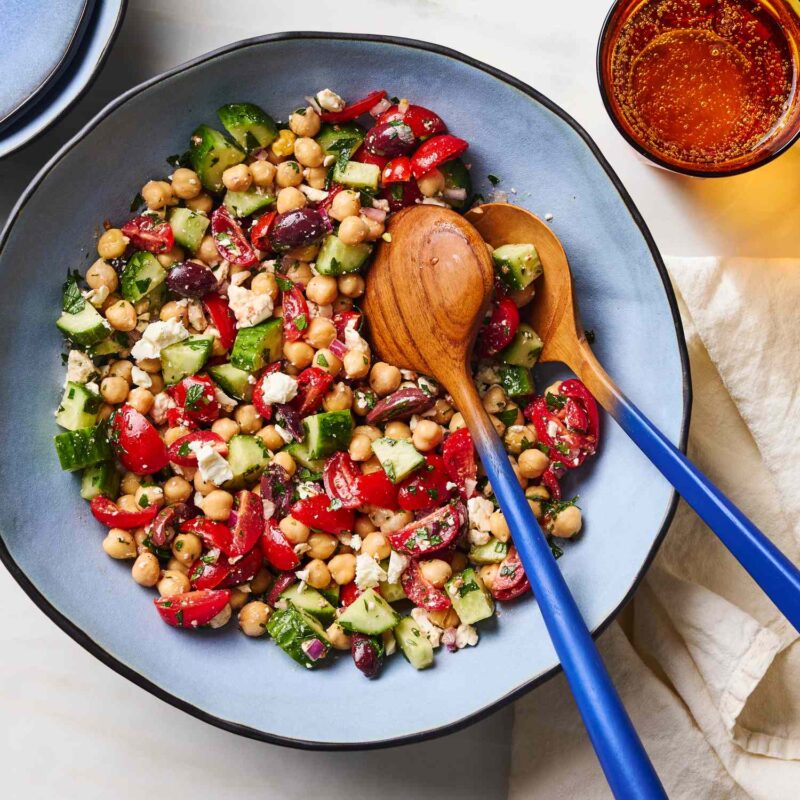Blog
The anti-inflammatory foods that improved my digestion in 5 days

I’d heard the buzz around anti-inflammatory foods but I’d never paid it much attention. That changed during a five-day stay at SHA’s Rebalance & Energise programme in Cancún, Mexico, where I lived out the anti-inflammatory lifestyle in full. To my surprise, I left not only with glowing skin and a calmer gut, but with a sense of how small, consistent changes to my diet could have lasting effects.
I had lived with digestive issues for years. Bloating, constipation, colitis and heartburn. At SHA, everything from my meals to my sleep and treatments was recalibrated. And it worked. I felt the difference almost immediately. As SHA’s expert nutritionist, Nelly Victoria Gutiérrez, told me, chronic low-grade inflammation often shows up in ways we miss.
“If you have symptoms such as persistent fatigue, digestive problems, joint pain, frequent allergies, mood swings, rosacea, acne, mental fog, or hormonal imbalances, it’s likely that your body is suffering from some inflammation,” she explained.
I arrived a little sceptical, but within five days, I noticed remarkable changes. My digestion felt smoother, my mood more stable, my skin clearer and my allergies noticeably better. At SHA, I learned that nutrition works best when supported by other habits too—consistent sleep, acupuncture, therapeutic massages and even certain in-clinic treatments all played a role. But the dietary shifts were the ones I took home. They’re the reason I still feel better long after I left.
The benefits of eating anti-inflammatory foods
According to Gutiérrez, eating anti-inflammatory foods help reduce chronic inflammation and improve overall health. Some of the key benefits include:
- Better digestion and immunity
- Hormone balance and improved metabolism
- More energy and mental clarity
- Calmer skin and joints
- A more diverse gut microbiome
- Lower risk of cardiovascular and autoimmune conditions
Reducing inflammation, she added, also supports healthy ageing by improving how cells function and lowering oxidative stress.
What to avoid on an anti-inflammatory diet
While individual plans should be personalised, some ingredients are typically left out. These include:
- White sugar and refined flour
- Ultra-processed snacks and packaged foods
- Artificial sweeteners and preservatives
- Trans fats, processed meats and conventional dairy
- Alcohol, soft drinks and energy drinks
- Excess caffeine and fast food












